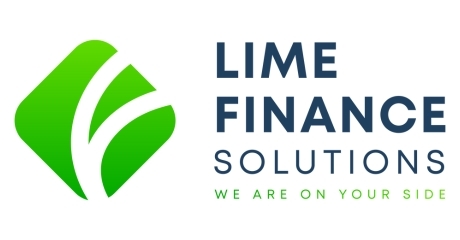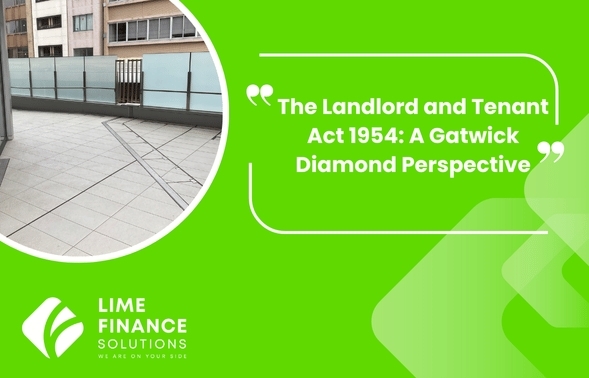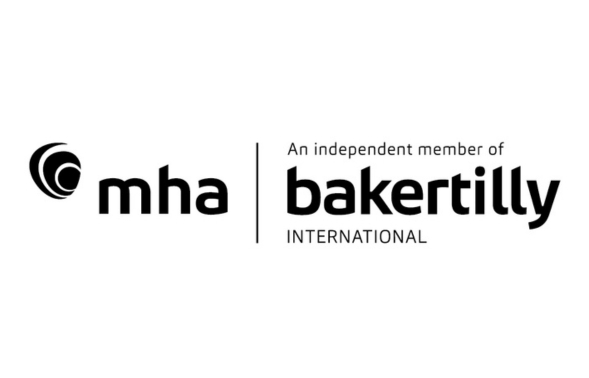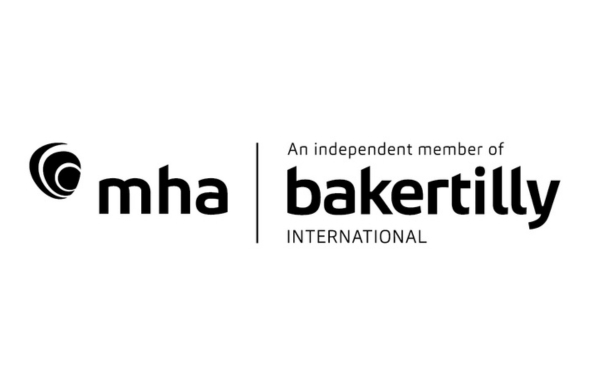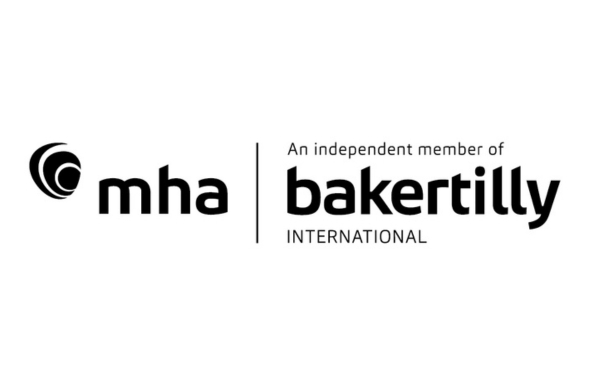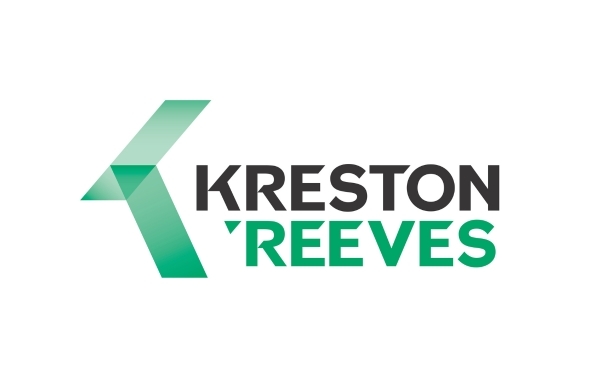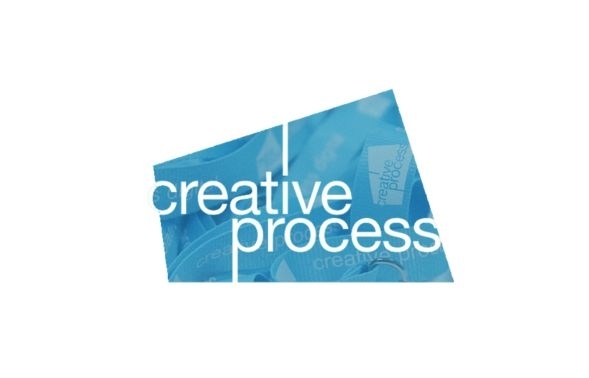“Compound interest is the eighth wonder of the world. He who understands it, earns it; he who doesn’t, pays it” – Albert Einstein
Compound interest is often seen as a tool for growing savings, but when applied to loans, it works against you. Interest on loans is typically calculated on the outstanding balance. This means the more you owe, the more interest is added.
With almost all commercial loans, the interest is “compounded”—added to the balance—so you end up paying interest on interest.
For example:
- If you have a commercial loan of £10,000 at a 5% annual interest rate, you’d owe £500 in interest at the end of the first year
- At a 5% annual interest rate, the loan amount generates £500 in interest after the first year
- If you don’t reduce the balance, interest for the second year is calculated on £10,500
It is nothing exceptional, different or unusual. The real impact is seen when repaying a business loan or commercial mortgage. You begin to notice the difference that a small overpayment can make.
Most commercial mortgages allow you to overpay by up to 10% per annum. So, the option is usually available to you.
Making extra payments on your loan—even small ones—can significantly reduce the total interest you pay. It can also help you pay off the commercial loan more quickly.
Extra payments are usually applied directly to the principal, reducing the base amount on which interest is calculated. It isn’t always the right thing to do. However, it is something worth considering next time you talk with your accountant.
A Commercial Mortgage Example
Let’s look at a typical commercial mortgage scenario:
– Loan amount: £500,000
– Interest rate: 6%
– Term 20 years
– Monthly payment: £3,582
If you overpay by £200 a month:
– Your loan period reduces by 23 months – almost two years early
– That is £3,582 x 23 payments you have not made
– Or £39,219 in interest that you have not paid
It doesn’t mean overpaying is right for everyone, there are always other business considerations and investment opportunities. However it is a consideration that you should give time for, try it here and work out the difference.
Conclusion? Take Control
Overpaying a commercial loan might require some short-term financial sacrifices. Additionally, the repayments will be made after corporation tax. However, the long-term rewards make it worth considering.
Reduce your balance sooner. You can outsmart compound interest and save thousands of pounds. This allows you to pay off your debt years ahead of schedule.
Definitely one for the agenda at your next accountant or FD meeting.
If you want to look at your options then give us a call on 01293 541333 or get in touch here.

